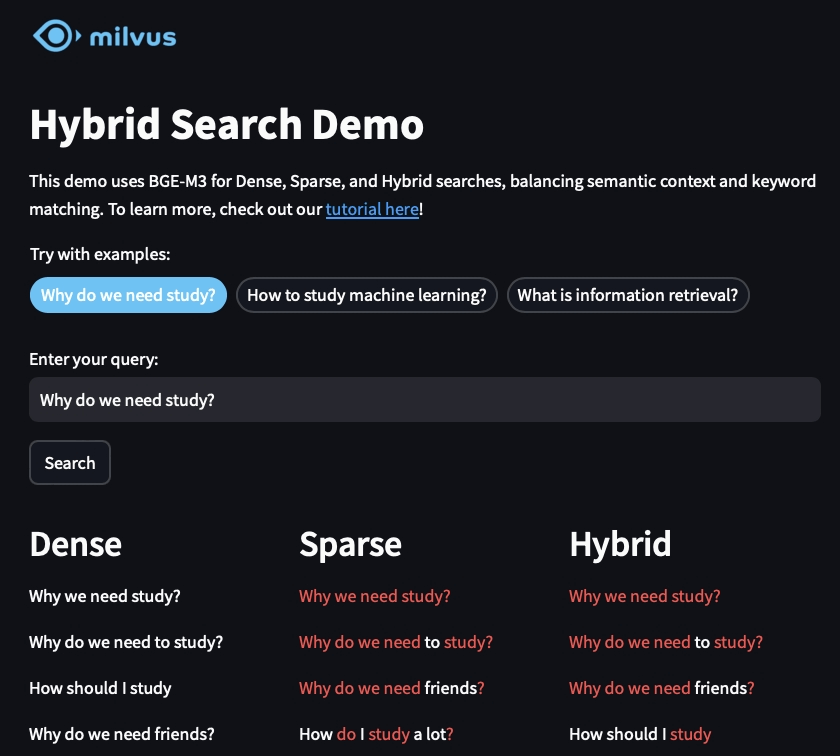Solr supports full-text search through its inverted index structure, text analysis pipelines, and flexible query capabilities. At its core, Solr uses Apache Lucene’s indexing and search libraries to build and manage an inverted index. This index maps terms (words, phrases, or other tokens) to the documents and positions where they appear, enabling fast lookups. When documents are added, Solr processes text fields using configurable analyzers that break input into tokens, normalize data (e.g., lowercasing), remove stopwords, and apply stemming or lemmatization. For example, an analyzer for English might split “quickly running” into tokens like “quick” and “run,” improving recall for related terms.
Solr provides robust query handling through its query parsers and relevance scoring. The standard query parser supports Boolean logic, phrase searches, wildcards, and proximity queries. The DisMax or eDisMax parsers simplify user input handling by supporting field-specific boosting and fuzzy matching. Solr ranks results using algorithms like BM25, which considers term frequency, document length, and inverse document frequency to determine relevance. Developers can customize scoring by adjusting weights or using function queries. For instance, a search for “laptop” might prioritize documents where the term appears in the “product_title” field over the “description” field by applying a boost factor. Highlighting and faceting features further enhance usability by showing matched text snippets or categorizing results by metadata.
Solr scales for large datasets and high traffic through distributed indexing and sharding. In SolrCloud mode, collections are split into shards distributed across nodes, with queries executed in parallel for faster responses. Replication ensures redundancy, and near-real-time (NRT) indexing allows recent updates to be searchable within seconds. For example, an e-commerce platform might split product data into shards by region, using replication to maintain availability. Additional features like synonym expansion, spellcheck, and geospatial search extend its utility. By combining efficient indexing, flexible query options, and scalable architecture, Solr provides a comprehensive solution for full-text search across diverse applications.
